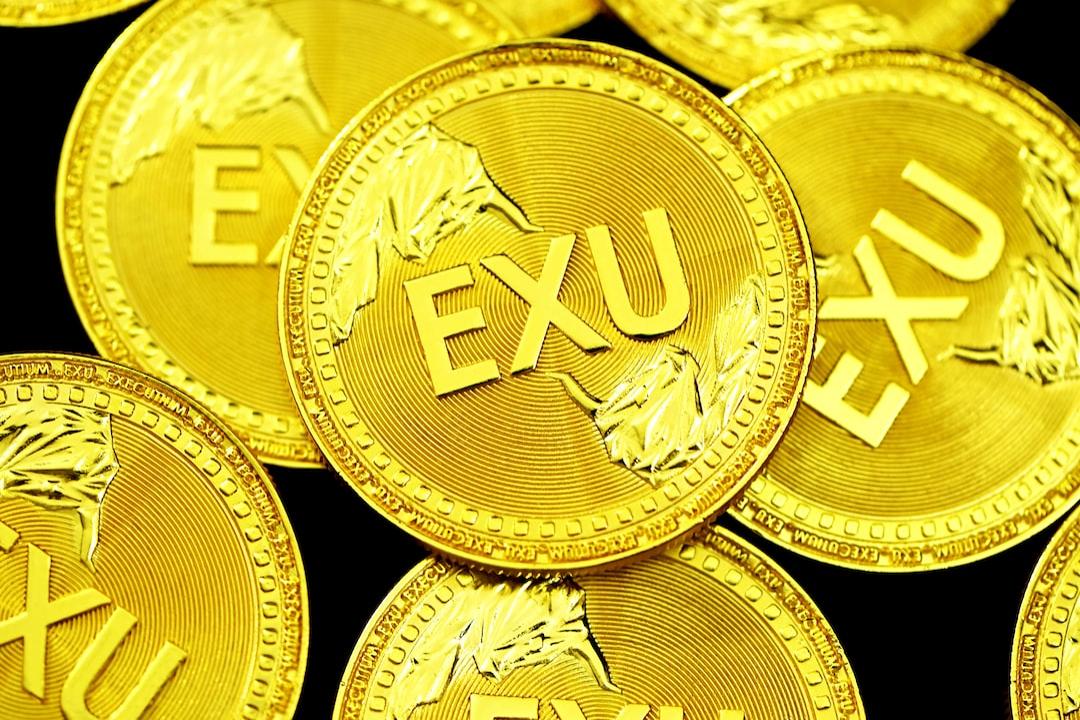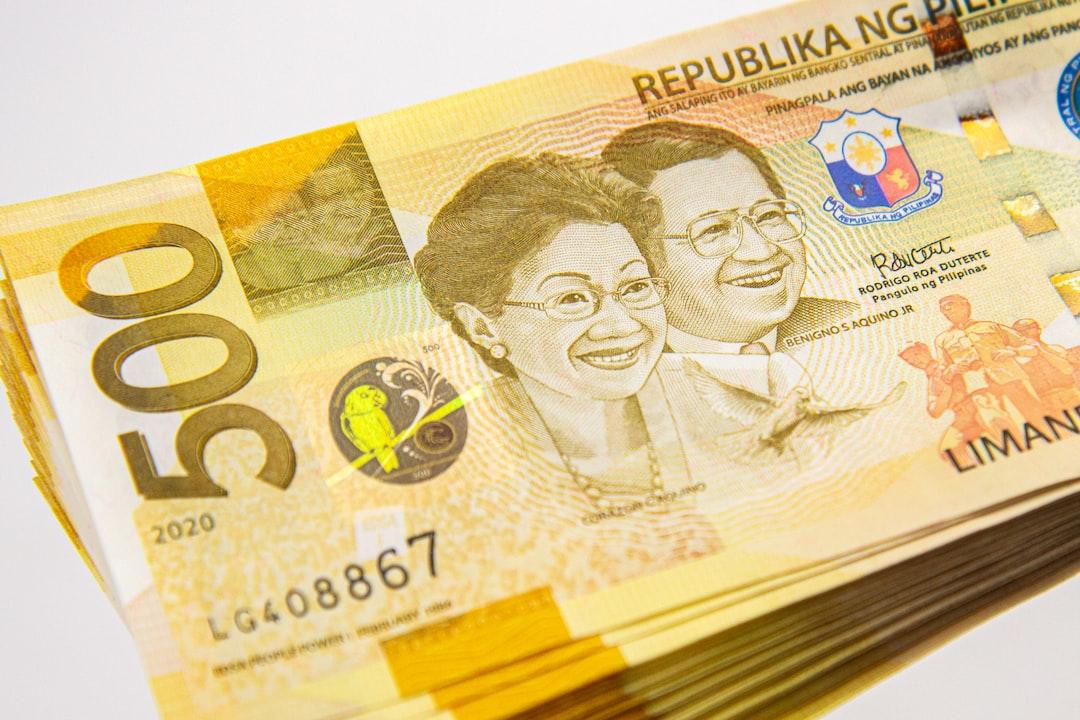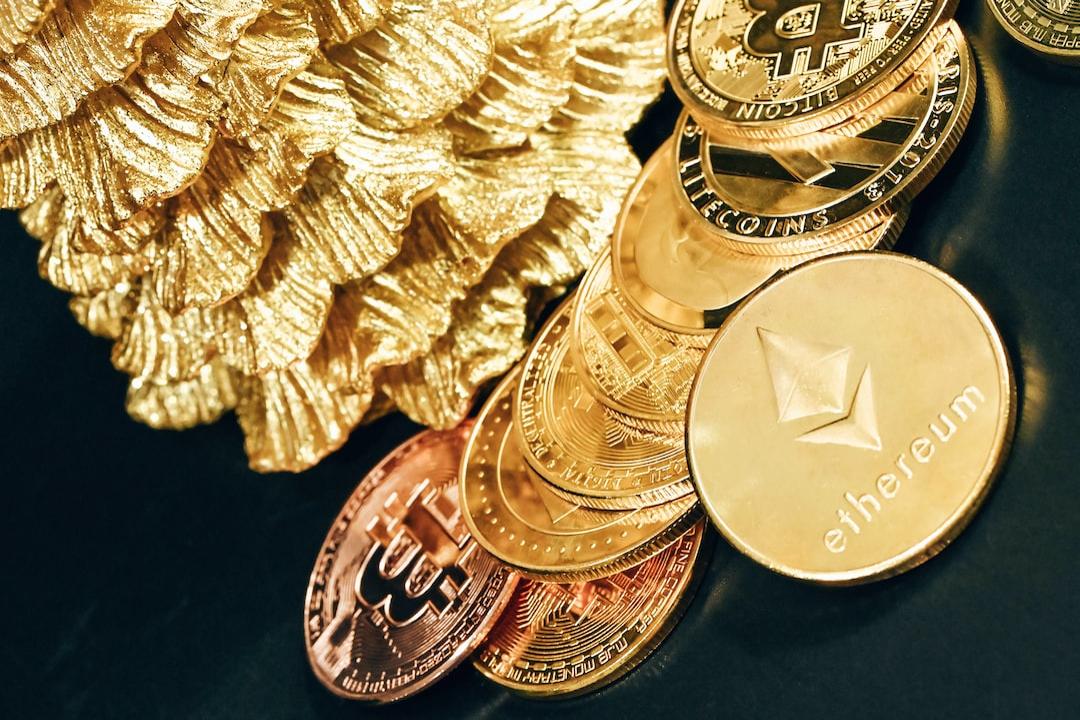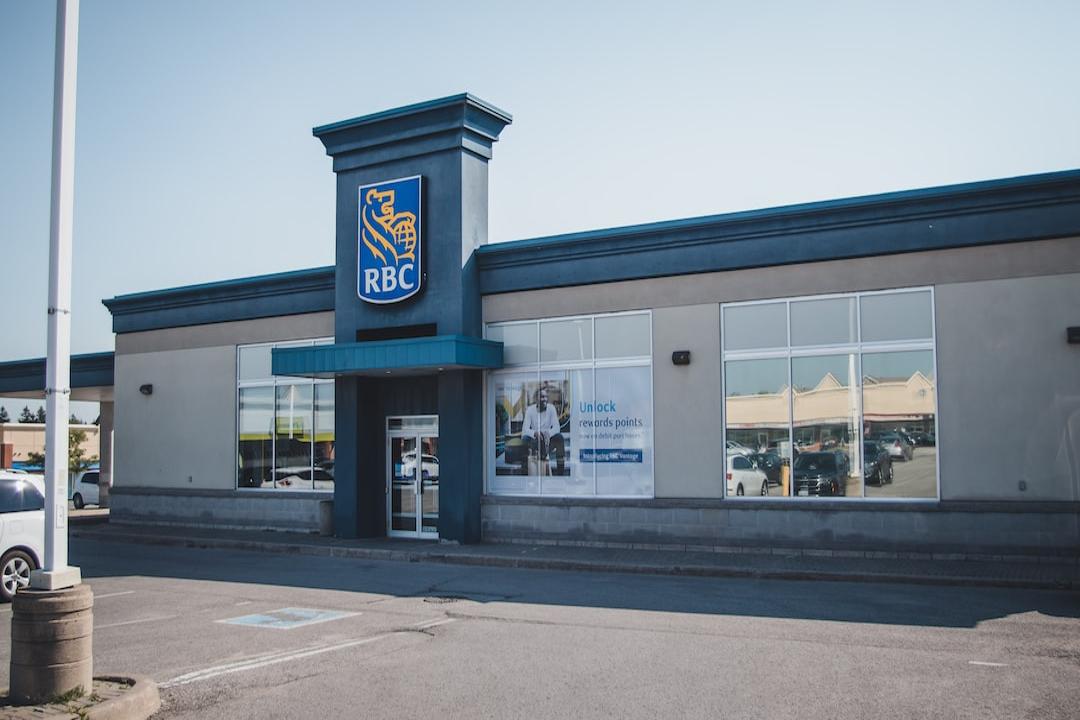Cryptocurrency Market Plunges Due to New South Korean Law Panic Selling of Kimchi Coin Sparks Collapse South Korean Financial Regulator Denies
Table of Contents
Toggle
Unsubstantiated Delisting Rumors Trigger Panic
Quarterly Reviews and Investor Panic
Impact on Competing Coin Prices
Listing Inspection Standards Explanation
Financial Supervisory Commission Clarifies Its Role
Overreaction to New Legislation
Financial Supervisory Commission Urges Caution in Investment
With the expected enforcement of the Virtual Asset User Protection Act (Virtual Asset Act) in South Korea next month, the cryptocurrency market has experienced significant turmoil. Due to rumors that several competing coins may be delisted, the prices of many digital assets have plummeted.
(
South Korea plans to establish a “Virtual Asset Division” at the end of June, aiming to protect user assets, and civil servants are not allowed to hold virtual assets
)
Starting next month, financial authorities plan to conduct quarterly reviews of 600 domestic digital assets. Coins that do not meet specific standards may face trading suspensions, leading to widespread panic selling among investors.
Advertisement – Continue scrolling for more




In fact, the Hong Kong Securities and Futures Commission also has similar listing inspections for digital assets, but as South Korea is currently a key cryptocurrency market, it is expected to have a more widespread impact.
(
Don’t lose to South Korea! South Korea’s Financial Commission: Up to 6.45 million cryptocurrency users, with 70% investing less than $800
)
(
Hong Kong Cryptocurrency Regulation Effective 6/1: Exchanges bear heavy responsibility for protecting retail investors, temporarily banned from trading stablecoins
)
According to reports in the South Korean media, rumors spread online about 16 competing coins that may be delisted in June. These speculations led to a 10-20% price drop in about half of the coins listed on Upbit.


Listing inspections are divided into two categories: form and quality.
Form inspections focus on the reliability of the issuing entity, user protection mechanisms, technical security, and legal compliance. Quality inspections consider total issuance and circulation plans as well as changes in business plans.
The Virtual Asset Supervisory Bureau of the Financial Supervisory Authority clarified that financial authorities do not directly participate in the inspection of virtual asset trading. The Bureau had already submitted relevant details to the parliament when the Virtual Asset Act was formulated. The Financial Supervisory Authority supports the establishment of uniform listing standards for exchanges but does not inspect individual assets directly.
Cryptocurrency exchanges attribute the market downturn to investors’ overreaction before the law is implemented. An exchange operator mentioned that the new standards do not differ significantly from the previous ones, indicating a low likelihood of a large-scale delisting.
Recent rumors of delisting are not the first to appear. Such rumors often revolve around high-volume “kimchi coins” and have frequently occurred in the past, but they are usually unfounded.
The Financial Supervisory Commission urges investors to act cautiously, pointing out that many alternative coin investors lack a thorough understanding of their investments. A Financial Supervisory Commission official emphasized the principle of investment responsibility and warned investors to be aware of the risks.


Related Reading
Former SEC Crypto Chief Resigns, Denies Rumors of Joining Meme Coin Issuance Platform Pump.fun
FSC’s Peng Jinlong Three Waves of New Policies: Promoting Asia’s Asset Management Center and Lightweight Sandbox
